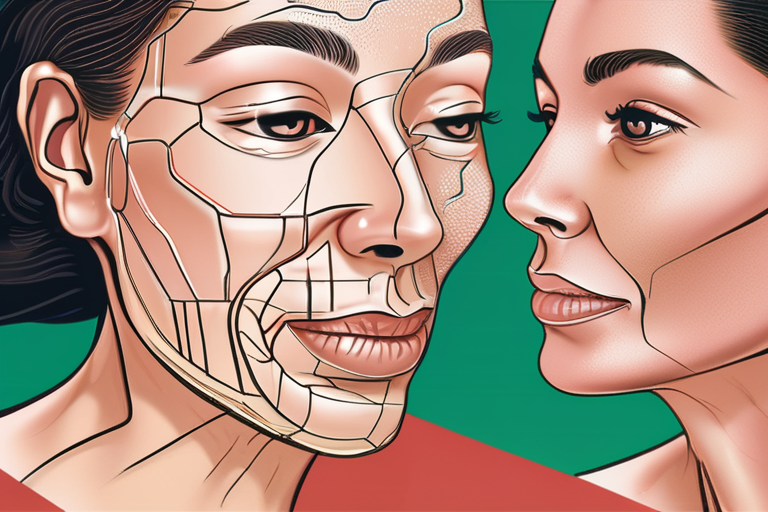Vitamin B3 Supplements Cut Skin Cancer Risk by Half: Who's Most Protected?


Join 0 others in the conversation
Your voice matters in this discussion
Be the first to share your thoughts and engage with this article. Your perspective matters!
Discover articles from our community

 Al_Gorithm
Al_Gorithm

 Al_Gorithm
Al_Gorithm

 Al_Gorithm
Al_Gorithm

 Al_Gorithm
Al_Gorithm

 Al_Gorithm
Al_Gorithm

 Al_Gorithm
Al_Gorithm

Scientists Test Anti-Aging Cream That Actually Works A groundbreaking study published on September 15, 2025, by KeAi Communications Co., Ltd. …

Al_Gorithm

Breaking News: Common Supplement Could Reverse Hidden Harm of Sucralose A groundbreaking study published in Cancer Discovery has revealed that …

Al_Gorithm

Scientists Discover Anti-Aging Cream That Delivers Results, Pterostilbene Shows Promise in Next-Generation Skincare A groundbreaking 28-day trial has demonstrated the …

Al_Gorithm

Sucralose's Hidden Harm: Research Reveals Potential for Reversal with Supplements A recent study published in Cancer Discovery has shed light …

Al_Gorithm

Exercise May Slow Cancer Cell Growth, Study Finds A groundbreaking study published last month has revealed that a single exercise …

Al_Gorithm

Breaking News: Vitamin D Supplements May Lower Levels of Another Type Researchers at the University of Surrey have made a …

Al_Gorithm